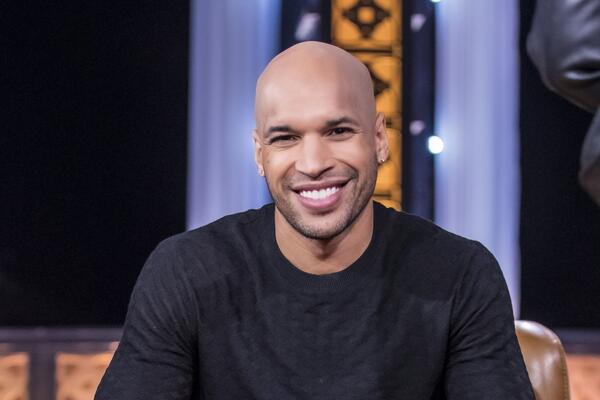
Rare insight
truLOCAL’s Marc Lafleur (BSc ’14) dishes on meat quality, the business of farming and chasing your dreams.

truLOCAL’s Marc Lafleur (BSc ’14) dishes on meat quality, the business of farming and chasing your dreams.
By Claire Mastrangelo Office of AdvancementMarc Lafleur (BSc ’14) can’t tell you how he went from earning a degree in Health Studies to founding a successful meat subscription business.
The CEO of truLOCAL got a job in the meat industry after he graduated, selling year-long subscriptions door-to-door before eventually starting his own company. He’s steadily grown his business, drawing on a strong sense of hustle and support from investors including Dragon’s Den star Michele Romanow. Now, he’s operating in three provinces and shipping to seven others across the country.
Marc recently sat down to answer some questions about meat, farming and life as an entrepreneur.
In the early stages, business founders have to focus on one thing and do it well. We want to be the best go-to place for locally raised meat. It’s one product where people want that extra level of due diligence.
Three things go into it: first, you can gauge the overall quality of the meat by asking if it’s dry aged — a process that makes the meat tender — as opposed to machine tenderized.
Then you ask, is it local? For me, you can have a dry-aged, well-raised cow, but it might come from Brazil. Depending on when the producers froze it, it could spend a week in transit.
The last question is “what are the claims”? If you’re looking for organic, does it have a certification? If local is what’s important to you, do you know who the farmers are? If 100% grassfed and finished or pasture raised are what you’re looking for, how much assurance are you getting that the product is in fact what it says it is.
More people need to eat local. Some of the best farmers we know are struggling because the only place they can sell their product is the farmers market, and people don’t go there as much anymore. We're always looking for ways to help farmers sell their products — that's what truLOCAL has been all about for the past few years.

A goat – I’d probably name it Lebron or some other worthy name. We don't like talk about it, but I think animals have a whole other level of intelligence that we don't always accept.
It's a lot easier when you're dealing with smaller producers. I think of Hidden Root Farms, which is part of our artisanal chicken program. This farmer genuinely loves her chickens. She raises maybe 3,000 a year — only in the summer, and on the pasture. Those chickens live a good life.
I think that's how farming was always meant to be, but nowadays people want to eat meat every night. It's forced people to find cheaper ways to produce the product. So, we try to align ourselves with people who help us feel good about what we do.
I want people to know that, if you want it, there's nothing you can't do. That's what I realized in university. A lot of kids are taught, “Follow this path, and you’ll succeed.” Then I started seeing people who were successful at a really young age and I thought, “That's not part of the plan. How did they do that?” I realized that there's no playbook in life. When you see opportunities, you go after them. If you take “no” for an answer, that's on you.

Read more
Alum and founder Marc Lafleur shares how his entrepreneurship playbook has changed since selling his first company

Read more
Redefining capstone learning by bringing students, faculty and community partners together to tackle real-world challenges

Read more
Here are the people and events behind some of this year’s most compelling Waterloo stories
The University of Waterloo acknowledges that much of our work takes place on the traditional territory of the Neutral, Anishinaabeg, and Haudenosaunee peoples. Our main campus is situated on the Haldimand Tract, the land granted to the Six Nations that includes six miles on each side of the Grand River. Our active work toward reconciliation takes place across our campuses through research, learning, teaching, and community building, and is co-ordinated within the Office of Indigenous Relations.